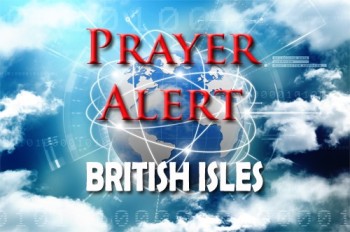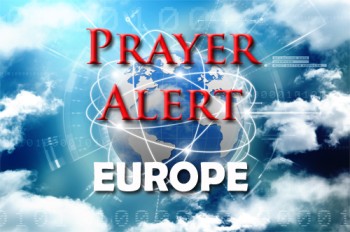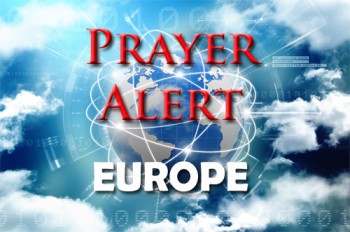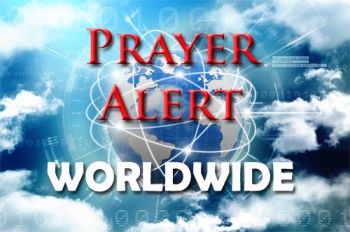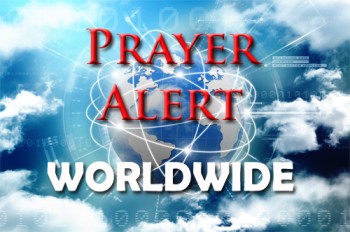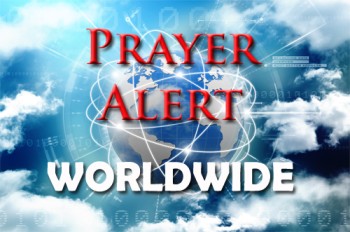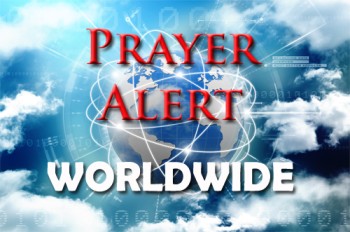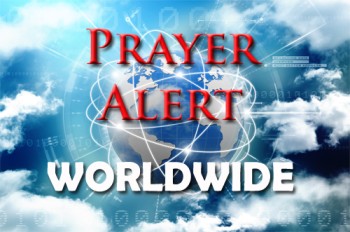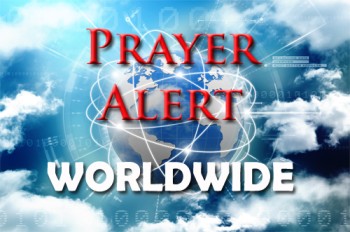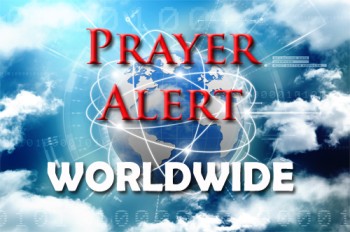Recession and raised interest rates
The Bank of England has raised interest rates to 2.25%, the highest level for 14 years. This will make it more expensive to borrow, which should - theoretically - encourage people to borrow less and spend less. It should also spur people to save more. However, there is also a risk that it can drag on growth, harming the economy. The bank's monetary policy committee, which sets rates, believes that the economy is already shrinking, which would officially push the UK into recession. The Bank of England has also warned that the government’s energy price freeze will push up inflation in the medium term. With energy bills rising less sharply, households will have more money to spend on other goods and services (although some people are already having to skip meals due to rising bills).
Ukraine: cargo ships leaving
On 24 August a total of 33 cargo ships carrying 719,549 tons of foodstuffs left Ukraine, under a deal brokered by the UN and Turkey. Although the pace of exports has risen in September, volumes are well below last season’s levels. Ukraine also has a rail link to Moldova that could be used to carry ten million tons of freight a year. See On 2 September American media reported that Ukraine says Russia is using cargo ships to ferry weapons to the Black Sea. Kyiv has asked Turkey to block passage of sanctioned vessels making journeys from Syria through straits controlled by Ankara. See also the world article on the Horn of Africa.
Putin’s chest pains and intimidation
Vladimir Putin delayed his TV address to Russia to be urgently treated for 'chest pains'. The eventual speech the next day warned of Russia’s use of nuclear weapons and mobilising troops. The delayed broadcast allegedly happened only because doctors had urgently treated him. Comments surrounding his health have intensified in recent months. Russia’s General SVR Telegram channel routinely claims that 69-year-old Putin suffers from illnesses such as cancer or Parkinson’s disease. His mental and physical wellbeing have been in sharp focus since he invaded Ukraine. In the delayed announcement he ranted about purging Ukraine of ‘neo-Nazis’ and wanted referendums in occupied regions. But for thousands of Russians watching TV at home, the most notably worrying elements of the broadcast was the ordering of 300,000 army reservists into battle and preventing 25 million reservists from fleeing Russia. This news has shocked and alarmed even his closest confidants.
Horn of Africa: unprecedented famine
Unprecedented famine grips parts of Africa. Four years of droughts, Covid-19, and the Ukraine war have created dire conditions. In Somalia, Ethiopia, and Kenya, one person dies from hunger every 48 seconds. Water sources and wells have dried up. Crops have failed, livestock have died, and 22 million people may starve. Many farmers only grow enough to feed themselves. Many relying on livestock see their animals die. Families forced to flee looking for food embark on very perilous journeys. The level of pain and suffering is devastating. Half of Somalia’s population are experiencing crisis hunger levels. One in three children face chronic malnutrition. Before Ukraine’s war Somalia imported 90% of its wheat from Russia and Ukraine, Ethiopia imported 42%. Kenya 44%, plus oil, iron, steel, and fertilisers. In late August, the first grain shipment from Ukraine brought 23,000 tons of wheat - enough for 1.5 million for a month, a drop in the bucket for needy millions. See also the Europe article on Ukraine cargo ships leaving.

